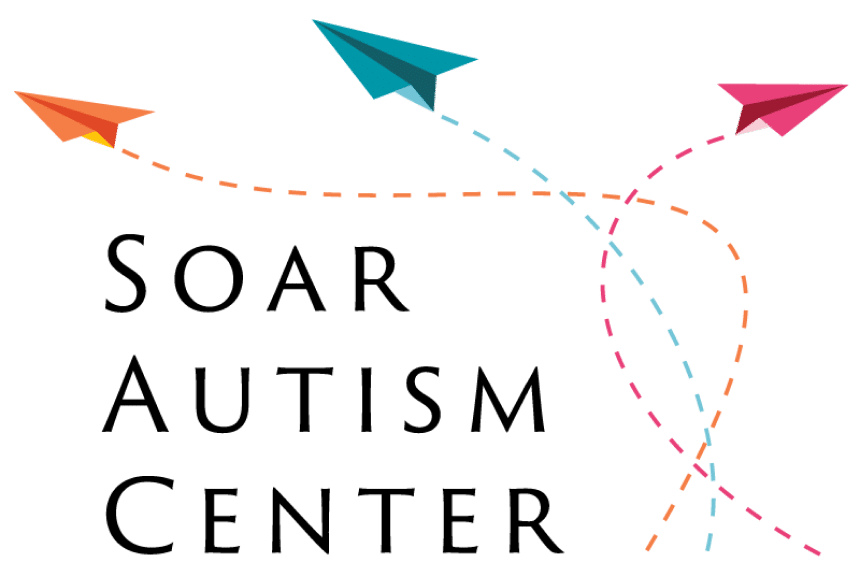What is meant by the term neurodiversity?
If you spend time searching for information about autism, you’ll probably encounter the concept of neurodiversity or interact with advocates for neurodiversity.
The term neurodiversity was first coined by sociologist Judy Singer in 1998, highlighting that different people’s brains are wired/structured in many ways—including, but not limited to, people with autism.
Neurotypical people are those with “normal” function as perceived in our society, while neurodiverse people differ from this societal norm. People with autism represent one form of neurodiversity, and people with diagnoses like ADHD or OCD represent other forms.
The neurodiversity movement is a social justice effort that is based on the principles of neurodiversity. Advocates stand up for the rights of people with diverse backgrounds, including those with autism.
Some may describe autism as a natural biological difference—one that shouldn’t be approached as a disability or require treatment necessarily. Others may propose therapies such as ABA are “cruel” or seeking to make children with autism neurotypical. Still others may simply want to advocate for broader definitions of people with autism and other experiences, viewing them as individuals beyond a diagnosis or label.
Complementary views of autism: difference and disability
There is no right or wrong way to approach the conversation on neurodiversity and autism. It’s a deeply personal choice based on your identity and beliefs. We’d like to share our perception of neurodiversity and how we incorporate it into our treatment offerings at Soar Autism Center.
From our perspective, the best way to approach autism is through the complementary lenses of autism as a disability and a difference. It’s defined as a medical disability, and people with autism are more likely to be unemployed or underemployed, bullied, nonverbal, and experience an intellectual disability than their neurotypical peers.
At the same time, autism is a difference that leads to unique strengths, talents, preferences, and challenges that should be respected. And as a society, we can continually listen to and accommodate the needs of people from diverse backgrounds.
How does Soar approach neurodiversity in therapy?
Leveraging this disability-and-difference way of thinking also allows us to channel important concepts of neurodiversity into our care models for children with autism. We think the following concepts are helpful from a neurodiversity perspective, and we’ve chosen to incorporate them at Soar Autism Center:
- Focusing on high-quality and integrated, comprehensive services.
We agree that poor-quality services can be unhelpful and even potentially damaging, regardless of which specific therapy is being given. We focus on hiring experienced clinicians and building processes (e.g., regular training) to support high-quality care, and we build dedicated time for clinicians to coordinate daily. - Focusing on the whole child in care delivery vs. focusing too narrowly on behaviors.
Some providers may see autism as a sum of behaviors that should be changed or eliminated. At Soar Autism Center, we focus on the whole child by offering whatever skills will help them reach their highest potential and improve their quality of life. - Having tailored goals that fit each child’s unique needs.
Every person with autism is different, and every program must be uniquely customized to their needs. - Being conscious in our language.
The care community for autism can be deficit-centered, focusing on what children can’t do instead of what they can do. We prioritize mindful and respectful language choices, and our team approaches autism from a strengths-and-needs perspective. For instance, at Soar Autism Center, our assessments explore both a child’s needs and strengths to ensure we address all aspects intentionally. - Including people with autism in decisions about their care delivery.
At Soar Autism Center, we’re developing an autistic adult advisory group where people with autism can weigh in on different aspects of our care model to shape the decisions we make. - Helping the neurotypical world better understand, respect, and relate to people with autism.
Part of our job is to educate our community on the behaviors that people with autism may practice, explaining that these differences merit respect.
At the same time, we think that certain aspects of the neurodiversity movement don’t benefit young children with autism. Specifically, a leave-them-alone approach to care, this may prevent young children with autism from developing the skills and capabilities they need to gain independence and self-advocate as they grow. A wide body of scientific literature suggests children learn and develop the most in their first 5 years of life, primarily through their interactions with adults and other children.





